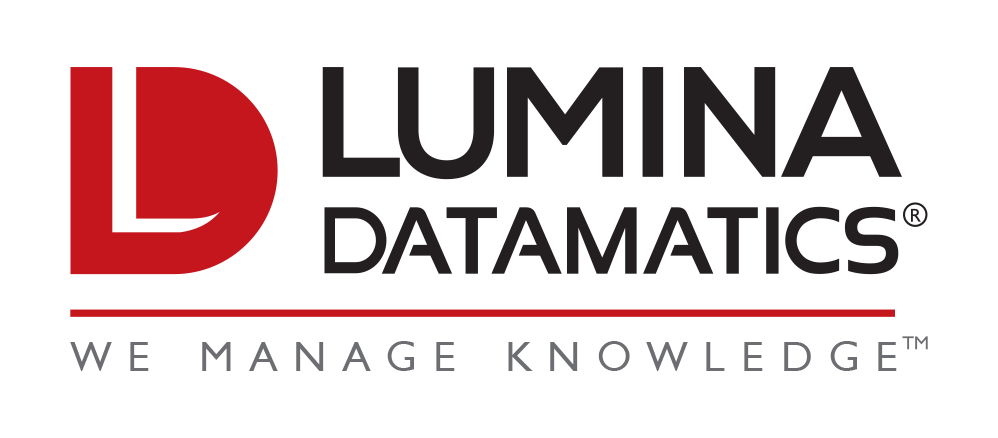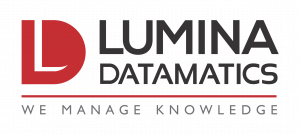Welcome to a brand-new year, with all its shiny optimism! I know just about everyone joins me in wishing 2020 a less-than-fond farewell. Still, not everything about 2020 was terrible (hear me out on this), as we finally saw some long-awaited changes in education and associated technologies. In this first post of 2021, here are a few admittedly unscientific predications of what we might expect this year.
- Online learning is here to stay. (This one is a no-brainer, to be fair.) Despite the number of op-eds criticizing online learning (and there were many), no one can deny that teachers in both K12 and Higher Ed looked seemingly impossible odds in the face and rose to the challenge, finding new and creative ways to connect with their students (and in the case of K12, with their students’ parents). Yes, there were issues, everything from Zoombombing to a Google Classroom outage (in one rare, panic-fueled case, at least for this mom of 3) to issues of connectivity and equity. But now that the genie is out of the lamp, there’s no stuffing it back in. If one good thing has come out of 2020, it’s that instructors and institutions have been more flexible and transparent in their teaching methods and delivery mediums. I predict that classes will continue to be designed primarily for online use, allowing instructors to more easily deliver learning either in-person, virtually, or hyflex, as each unique situation requires.
- School closures, and a continued conversation on equity. If 2020 has made one thing clear in higher ed, it’s the vast difference between the haves and the have-nots. Schools with large endowments can afford to make expensive updates to ensure the safety of teaching staff and students. But many smaller institutions lack the deep pockets required to stay afloat while enrollments continue to bottom out. While it’s painful to say, I predict a significant number of school closures.
- Higher Ed enrollment will continue to decline. Enrollment, particularly at community colleges, nosedived in 2020, with close to half a million fewer undergraduate students enrolling for the fall semester. According to Higher Ed Dive, that’s more than 3.5% across the board, with even higher decreases at community colleges, and particularly alarming numbers among first-generation, black, or Hispanic students. With a concerning drop in the number of high school seniors (particularly among schools serving low-income students) submitting the FAFSA, further enrollment declines are inevitably on the horizon.
- …but we’ll start to see community college assistance programs. Yes, enrollment in community colleges (drastically) declined (tanked?) in 2020. But with an active community college professor in the White House, we may see the creation of new programs to fund—or forgive—tuition costs for those students most in need. What those programs might look like is hard to say, but it’s likely that something big will be announced by the end of 2021, and that long-term, that announcement will hopefully start a rebound in enrollment numbers.
- Increased commitments to DEI initiatives. 2020 brought the (long-overdue) breaking point on racial inequity, and public and private companies and institutions were quick to respond, with public statements coming fast and furious. Many institutions moved quickly to add or modify curricula, and 2021 will a make-or-break year for the rest. All statements aside, it’s time for both educational and corporate entities to put their money where their mouths are, and be the agents for positive change that their statements imply they want to be. (Note: Many traditional content publishers are clearly making a push to expand their author pool so that it aligns more closely with its actual user base and/or are hiring for executive-level DEI roles, both of which are a step in the right direction.)
- Rise in state-funded alternative credential funding. The New York State Department of Labor made news in late November with its announcement of a partnership with online juggernaut Coursera, in which unemployed New Yorkers would be given free (yes, free) access to approximately 4,000 programs in various industries. Other states, including Massachusetts, Illinois, Arizona, and Oklahoma also took advantage of the Coursera Workforce Recovery Initiative, and it’s likely that additional states will quickly explore similar partnerships. It is my prediction that the number of states taking advantage of such a set up will at least double, if not triple, by the end of 2021; that is, that part of unemployment benefits will include free access to Coursera materials.
- Federal financial aid for competency-based education. OK, it’s entirely possible this one is a wish list item, rather than something that may actually happen in 2021, given the incredibly slow pace of change in Washington. But revisiting the credit-hour based financial aid structure is long overdue, and I fervently hope positive steps in revisiting our current antiquated model will be made. C’mon, DoE, please don’t quit on us now.
Whew. And I didn’t even touch on the SAT/ACT debate (who’s on board with CA?) or income share agreements (awesome or a diabolically clever pyramid scheme?).
Time will tell which, if any, of the above pan out (I’ll check in later this year to review). In the meantime, stay hopeful, and keep working to bring about positive change. I know I will.
Do you agree with these predictions? Have something to add? We want to hear from you! Email Lumina to share your thoughts. You can also visit our website to learn more about Lumina Datamatics.





0 Comments